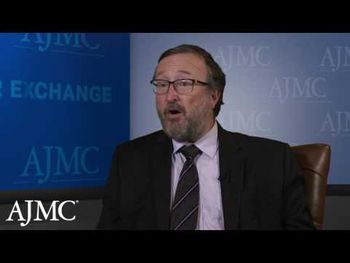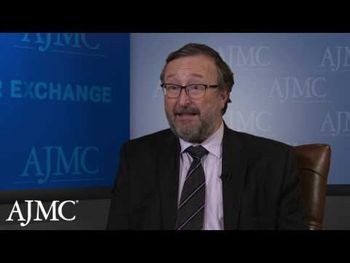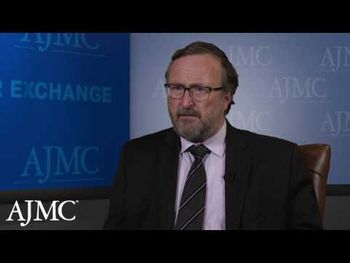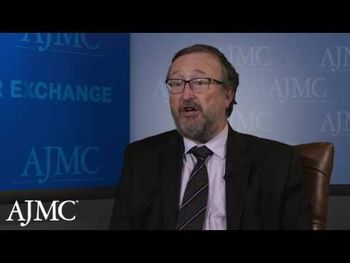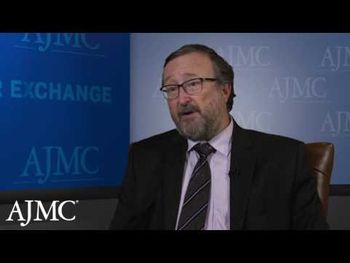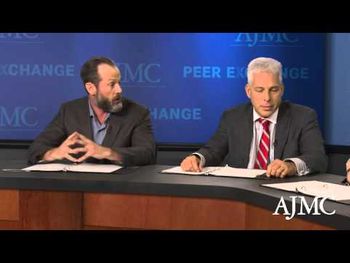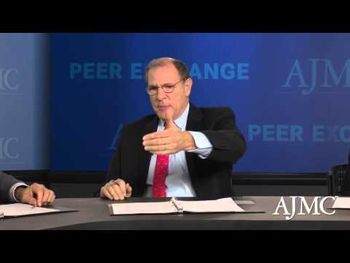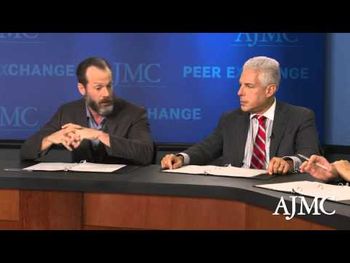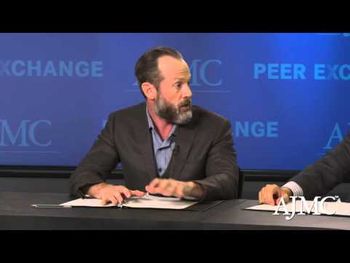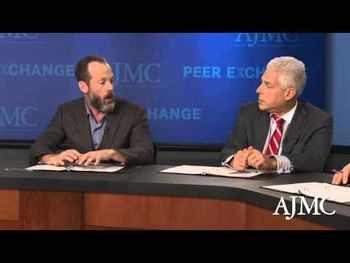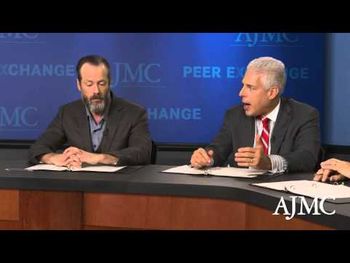
One leading expert called the proposal the most substantive change in decades, but some feared CMS is once again hastening the demise of the independent physician.

One leading expert called the proposal the most substantive change in decades, but some feared CMS is once again hastening the demise of the independent physician.

Flatiron Health has announced the development of a cloud-based electronic health record and an analytics tool to support reporting requirements for those clinics that will be selected to participate in the Oncology Care Model.

According to Avalere Health, physicians who prescribe lower cost drugs would be reimbursed at a higher rate than those who use more expensive drugs, under the proposed Medicare Part B demo model.

Coverage of sessions held at Cancerscape, the Association of Community Cancer Center’s 42nd annual meeting on policy, value, and quality, held March 2-4, 2016, in Washington, DC.

If accountable care organizations (ACOs) are going to be successful, they need to learn from another and have meetings like the ACO & Emerging Healthcare Delivery Coalition's Spring Live Meeting, being held April 28-29 in Scottsdale, Arizona, to exchange good information, explained Michael Chernew, PhD, co-editor-in-chief of The American Journal of Managed Care. Dr Chernew will also sit on a panel discussion about the future state of healthcare in the United States during the ACO Coalition's meeting.
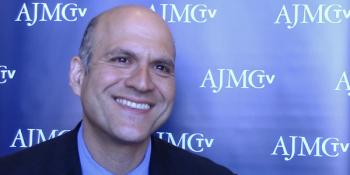
One of the greatest challenges for the healthcare industry as it moves to value-based payments is shifting from a short-term to a long-term mode of thinking, Farzad Mostashari, MD, chief executive officer of Aledade, explained at the National Association of ACOs Spring 2016 Conference.

The top stories in managed care include a recap of Patient-Centered Diabetes Care, the case for the Oncology Medical Home, UnitedHealth leaves Affordable Care Act exchanges in 2 states, and CMS expands alternative payment model for primary care.
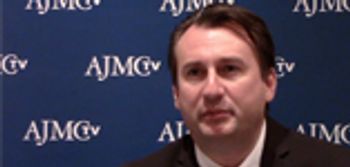
The biggest challenge facing oncologists in 2016 is the Medicare Part B demonstration that CMS announced, Lucio Gordan, MD, of Florida Cancer Specialists, said at the Community Oncology Alliance's 2016 Community Oncology Conference.

Updates to Medicare Advantage and the Part D Prescription Drug program will improve programs for health plans that provide care for vulnerable enrollees.

There are a number of models that look at innovating payments and focus on care delivery changes in oncology that are a positive step forward for patients, Debra Patt, MD, MPH, MBA, director of public policy at Texas Oncology, said at the Community Oncology Alliance's 2016 Community Oncology Conference.

Members of the American Society of Clinical Oncology (ASCO) have articulated concerns regarding the current proliferation of clinical pathways in oncology that could affect patient access and care quality. In response, ASCO established an ad hoc Task Force, which issued a policy statement to guide the future development and implementation of these treatment management tools.

The move to value-based payment is going well, but the real work has to be done on the care transformation side, Farzad Mostashari, MD, co-founder and chief executive of Aledade.

What we're reading, April 1, 2016: Federal Trade Commission files lawsuit to stop pay-to-delay deals; CMS' bundled payment initiative for joint replacement takes effect; and scientists confirm link between Zika virus and microcephaly.

It looks like 2016 is shaping up to be the most pivotal year in healthcare policy in a long time.
